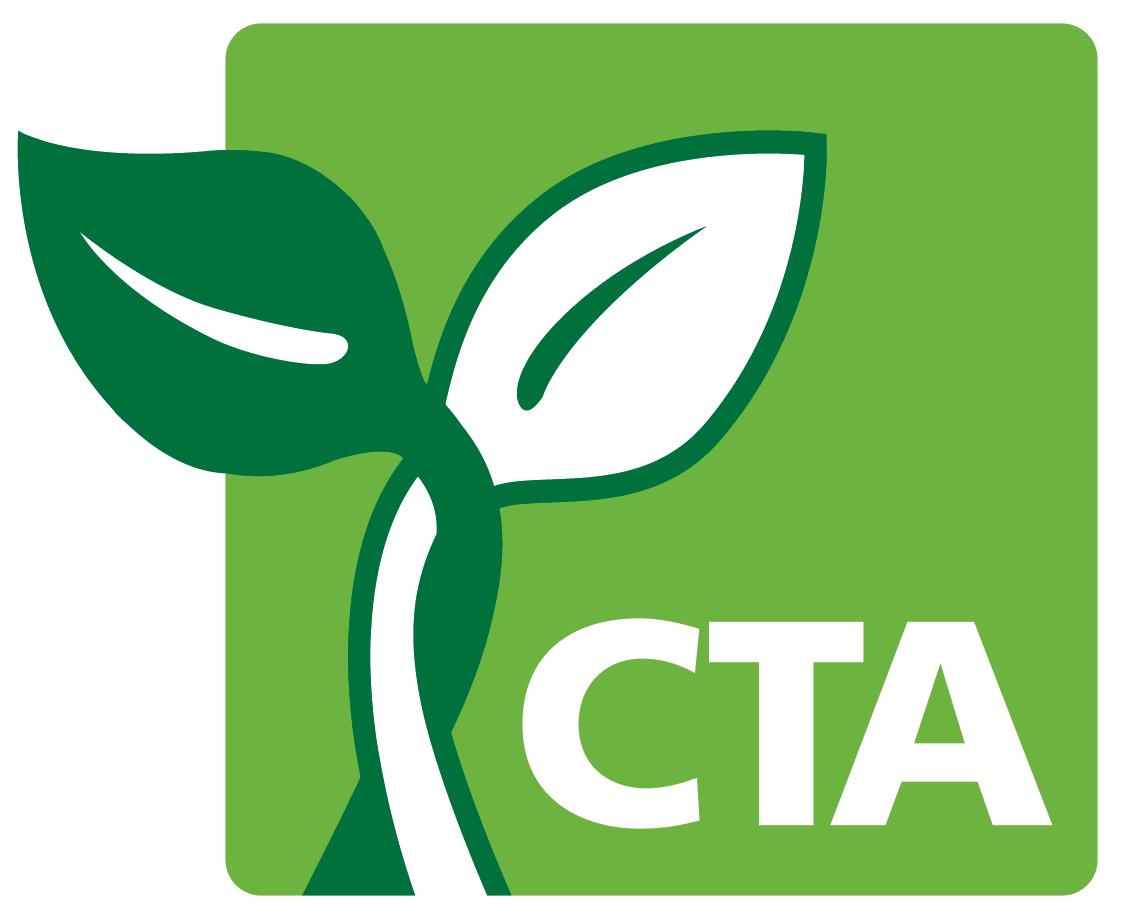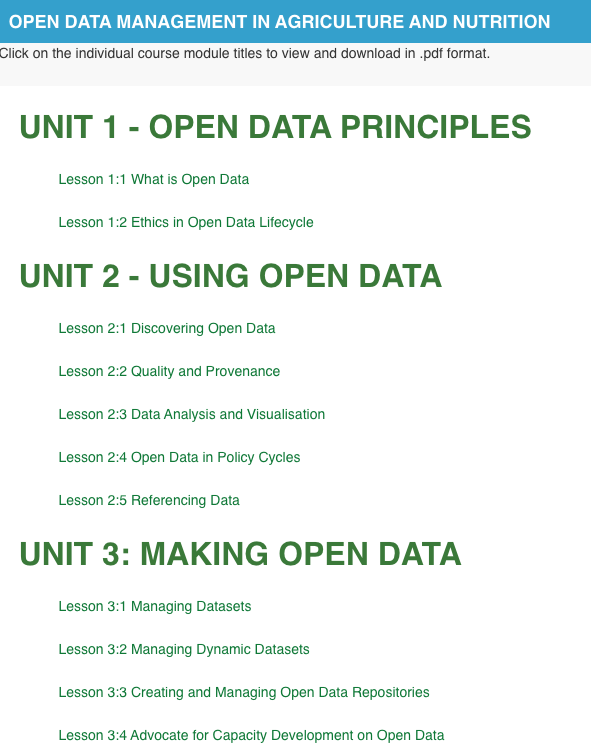Focal point
Location
The Technical Centre for Agricultural and Rural Cooperation (CTA) is an ACP-EU institution working in the field of information for development. We operate under the ACP-EU Cotonou Agreement and our headquarters are in The Netherlands. When it was set up, in 1984, CTA was given the challenging task of improving the flow of information among stakeholders in agricultural and rural development in African, Caribbean and Pacific (ACP) countries.
Our work focuses on three key areas:
- providing information products and services (e.g., publications, question-and-answer services and database services);
- promoting the integrated use of communication channels, old and new, to improve the flow of information (e.g., e-communities, web portals, seminars, and study visits);
- building ACP capacity in information and communication management (ICM), mainly through training and partnerships with ACP bodies.
At the core of all our activities are our partnerships with ACP national and regional bodies. We also work with a wide network of ACP-EU public and private sector bodies, as well as international organisations around the world.
Our overall aim – to better serve the ever-changing information needs of all stakeholders in ACP agricultural and rural development. Through our partners we are working with these stakeholders to achieve the goal shared by the whole development community – poverty alleviation and sustainable development.
Members:
Resources
Displaying 1 - 5 of 161Bonnes Expériences et Pratiques prometteuses de l’Evènement de GC du FO4ACP
Nous sommes ravis de partager avec vous la publication récente de l'Organisation Panafricaine des Agriculteurs (PAFO) : Gérer les Connaissances des Agriculteurs : "Bonnes expériences et pratiques prometteuses, de l'événement global de gestion des connaissances du FO4ACP".
Le document renferme des histoires venant d'Afrique, des Caraïbes et des îles du Pacifique, des régions impliquées dans la mise en oeuvre du programme FO4ACP.
Ensuring the continuation of traditional forest management practices in Myanmar
The Promotion of Indigenous Nature Together (POINT) is a local non-profit organisation and a member of the Asian Indigenous Peoples Pact (AIPP). To deal with the problems caused by the progressive loss of indigenous knowledge, POINT decided to study the traditional forest management practices of the indigenous people living in Myay Latt. This is a village in western Myanmar where, despite their knowledge, experience and organisation, villagers have found it difficult to maintain their livelihood practices.
Index-based livestock insurance as an innovative tool against drought loss: Good practices and impact analysis from northern Kenya
Index-based livestock insurance (IBLI) is a donor-funded programme aimed at designing, developing and implementing market-mediated, index-based insurance products to protect livestock keepers, particularly in the drought-prone arid and semi-arid lands (ASALs), from drought-related asset losses. The IBLI index is based on satellite data, which measure the quality of the pastureland every 10–16 days. These data are inputs to a statistical model of livestock mortality developed using historical data from the region.
Rebounding from the brink of extinction: Commercial production of milk amongst pastoralists for climate change resilience in Uganda
Changes in climate that intensify drought and accelerate the spread of livestock parasites and diseases darken the economic future for sub-Saharan pastoralists. Already stressed, as industrial and urban development narrow their access to pastures and water for their animals, many pastoralists face a bleak choice: abandon their livestock and their cultural heritage or die. In Uganda, however, the outlook for pastoralists is becoming much brighter. Thousands of pastoralists in Uganda point the way toward a better option: commercial milk production.
Gestion des Données Ouvertes en Agriculture et Nutrition
Ce cours en ligne massif (MOOC) gratuit sur la gestion des données ouvertes en agriculture et nutrition a été créé en 2016. Déjà en 2017 et 2018, plus de 5000 participants de partout dans le monde ont déjà suivi cette formation, laquelle est maintenant disponible pour une utilisation gratuite et sans restriction.




